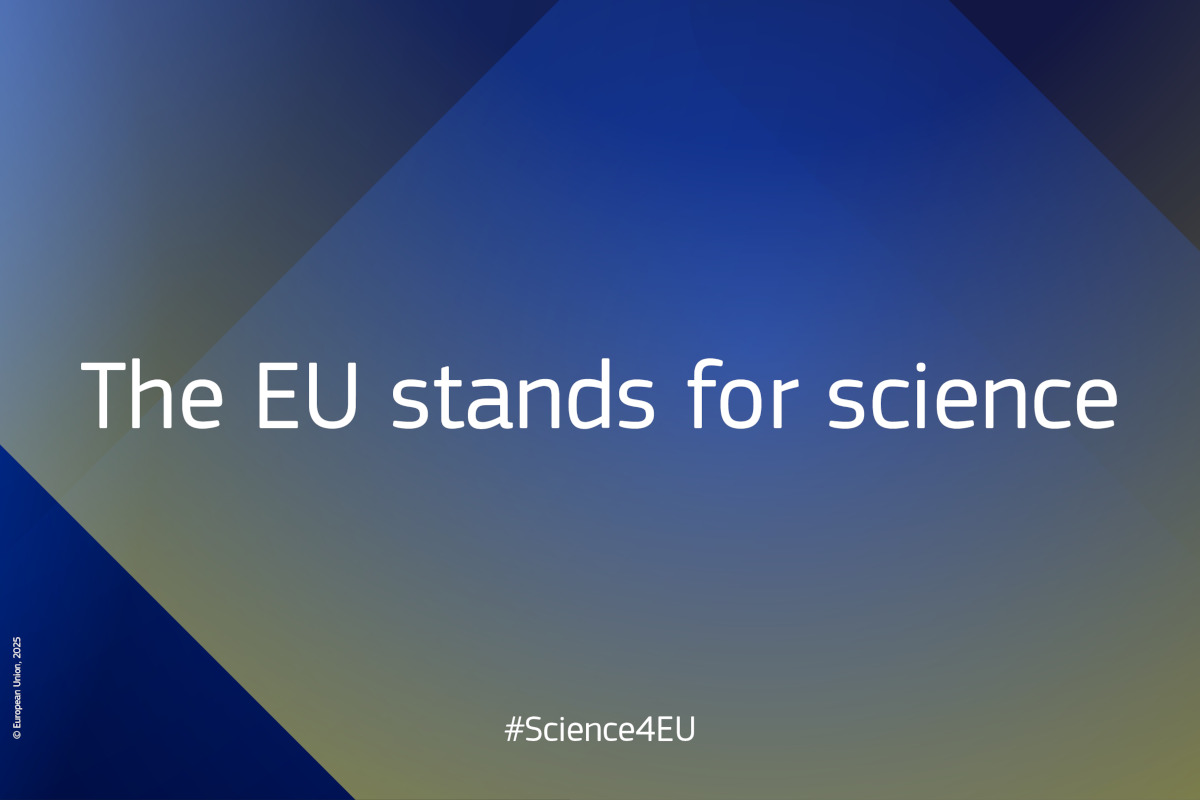Farmers and foresters across Europe are sharing sustainable bio-based practices and technologies, showing how local knowledge and European collaboration can help drive the transition to a greener future.
Special series

Science4EU
The Science4EU campaign shows how the EU stands for science. It shines a spotlight on the scientists, researchers, and innovators working with EU support to improve our lives and shape a better future for everyone.
Do you also stand for science?
Podcast
Media AV Portal Audio
More stories

An EU-funded research initiative is guiding Europe’s coal regions through the transition to renewable energy, while focusing on job creation and clean energy.
Most popular
-
1By Michaela Nesvarova
-
2
-
3By Michaela Nesvarova
-
4
-
5By Sofia Sanchez Manzanaro
Top videos
Turning local know-how into European solutions for smarter bio-based farming
25 July 2025
Fighting fire with innovation: a pan-European push to tackle extreme wildfires
23 July 2025
Past articles
They charge in seconds and could run your laptop for a month – supercapacitors are coming, and it’s thanks to graphene, one atom-thick sheets of carbon that are revolutionising industry.
European researchers are heading to some of the deepest and coldest places on the planet as part of a race against time to find new medicines that can protect society from increasingly drug-resistant bacteria.
Fighting global warming with mirrors in space or by seeding clouds would cool the Earth, but the side effects could outweigh the benefits, researchers have concluded.
New medical devices working with particles so small that they are invisible to the human eye are paving the way for earlier cancer detection, helping save lives.
A Scotland-based scientist and his team are closing in on a way to build a life form from scratch, and their work is challenging the fundamental assumption that life only exists in animals, plants and microbes.
Researchers studying one of the major regulatory proteins in the brain are advancing knowledge about the behaviour of certain genes upon epileptic seizures.
The European Very Large Telescope (VLT), one of the most powerful and productive ground-based astronomical facilities in existence, has just turned 15 years old.
Researchers who can monitor a cancer tumour as it changes and help direct radiation right into its centre believe they may be able to increase the efficiency of cancer treatment by at least a sixth.
European scientists are preparing to notch up a world first in satellite formation flying. Two spacecraft will soon be flying side-by-side with extreme precision.
Car fuel made from agricultural waste could help cut down carbon usage without taking up land that is used to grow food. It is one innovation that could help the biofuels industry shift up a gear.
Professor Dirk Verellen, director of the medical physics group at the Medical Faculty of the Free University of Brussels, outlines his vision on the future of radiotherapy in Europe.
Each Autumn, just before the announcement in Stockholm of the genuine Nobel Prize laureates, a band of merry men at Harvard University distribute the ‘Ig Nobel Prizes’. These awards recognise real research work that make people laugh… and then think.
A carry-around device or implant to predict or prevent seizures could be life changing for millions of people with epilepsy.
Our food is directly influenced by the ground on which we stand. A group of European geologists have put together their very own cookbook to show us why.
High-tech 3D models of rock formations deep underground should reveal that Europe has vast concealed ore deposits, researchers believe, helping to ease Europe's dependency on imported metal.
Innovative new EU-funded research aims to help tackle an alarming decline in Europe's bee population. At Nottingham Trent University in the UK researchers are developing new methods to transfer wirelessly information about the health of the hive to the beekeeper.
Cars could brake in a split-second when faced with a possible collision, if a robotics breakthrough inspired by locusts delivers on its promise.
A prosthetic hand no longer needs to be just a piece of nicely moulded plastic – it can be connected and reactive, and even respond to commands directly issued by the brain.
With Europe’s population living longer, the quest for new Alzheimer’s disease (AD) therapies has never been more urgent. Researchers hope that figuring out which genes and environmental factors trigger the illness will deliver drugs that prevent serious memory loss.
People who suffer from lower limb paralysis may one day walk again thanks to the EU-funded project, MINDWALKER.





























